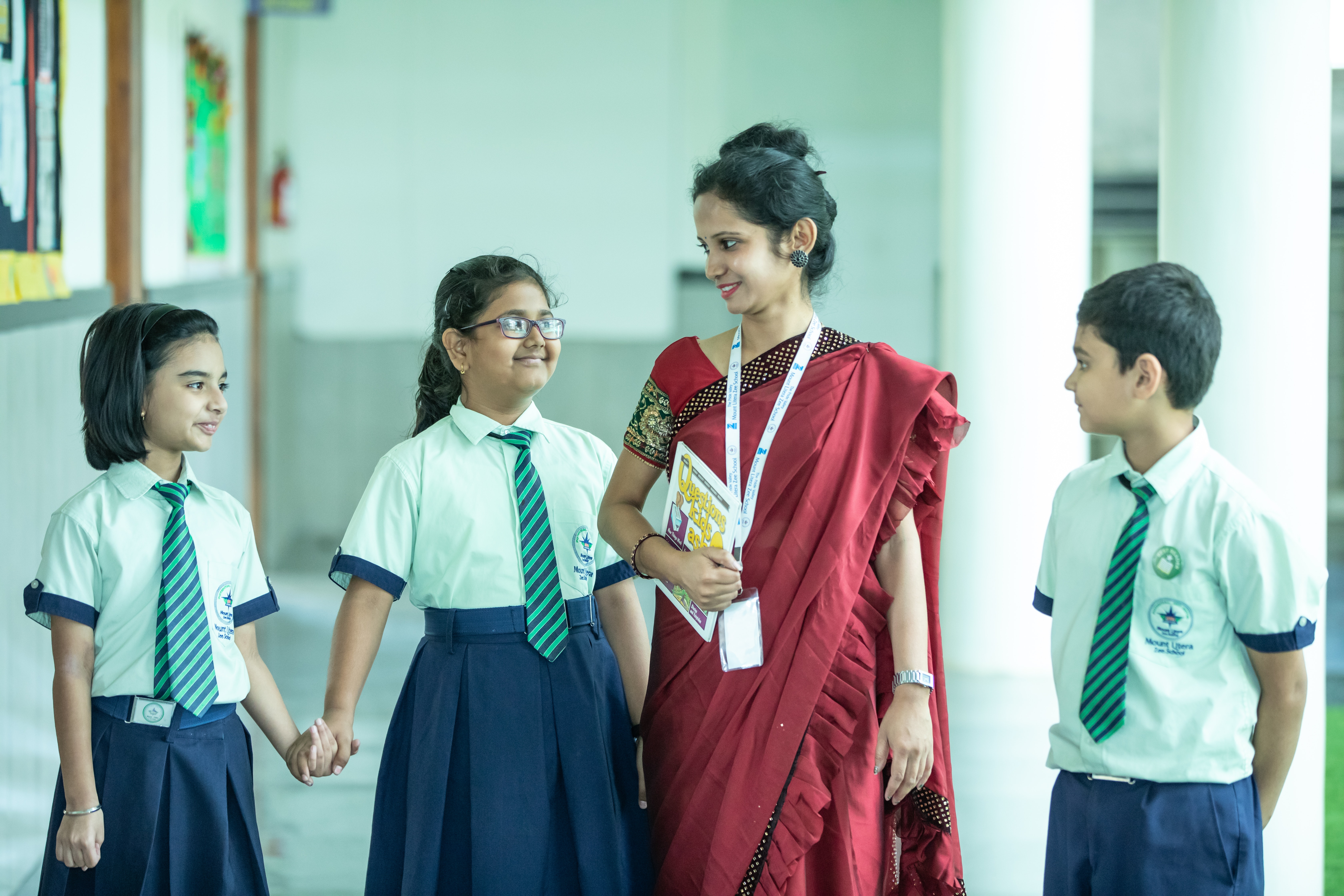In the diverse tapestry of India, where traditions seamlessly blend with modernity, educational institutions find themselves facing a myriad of challenges that mirror the complexities of the nation itself.
From the bustling streets of metropolitan cities to the quiet corners of rural villages, these challenges resonate with educators, students, and families alike.
Here are 13 Challenges Faced by Educational Institutions Across India
1. Quality Assurance:
Maintaining consistent educational standards across a vast country with a myriad of educational boards and regulatory bodies remains a daunting task.
2. Outdated Curriculum:
Many institutions struggle to update their curriculum to match the swiftly evolving demands of industries, leading to a mismatch between education and employability.
3. Infrastructure disparity is one of the main challenges faced by educational institutions in India
Stark contrasts in infrastructure between urban and rural areas hinder equitable access to quality education, posing a significant challenge to inclusivity.
4. Teacher Shortage:
The dearth of qualified teachers undermines effective learning, making it imperative to bridge this gap to ensure quality education delivery.
5. Teacher Training:
Inadequate training for educators in modern teaching methods and technologies inhibits effective knowledge dissemination and engagement.
6. Gender Disparity:
Despite progress, gender bias and unequal treatment persist, necessitating efforts to create a safe and equal learning environment.
7. Curriculum Relevance:
The rapid pace of change demands a curriculum that prepares students for modern challenges, necessitating timely updates and relevancy in content.
8. Affordability and Accessibility:
Ensuring education remains affordable while catering to diverse socioeconomic backgrounds remains a balancing act, impacting enrollment rates.
9. Technology Integration:
Adapting to the digital age, institutions grapple with integrating technology into teaching methodologies, often due to the lack of access to necessary tools and training.
10. Lack of Soft Skills Emphasis:
Developing soft skills like communication, critical thinking, and problem-solving often takes a back seat to academic achievements.
11. Inadequate Special Needs Support:
Institutions struggle to provide adequate support and facilities for students with special needs, limiting their educational experiences.
12. Student Mental Health:
The intense pressure to excel in academics and societal expectations often takes a toll on students’ mental well-being.
13. Research and Innovation:
A shortage of funding and infrastructure for research limits institutions’ ability to contribute to cutting-edge innovation and advancements.
Conclusion
These are the most common challenges faced by educational institutions in India. In the face of this, they are resiliently working towards transformation. Collaborative efforts between government bodies, educators, and communities, coupled with innovative teaching approaches and technology integration, promise to overcome these obstacles and usher in a brighter future for India’s education landscape.
This is where Numero Uno Partner comes in to help institutions with an effective strategy to improve the curriculum, student experience and overall growth of the institution. Get in touch today.

